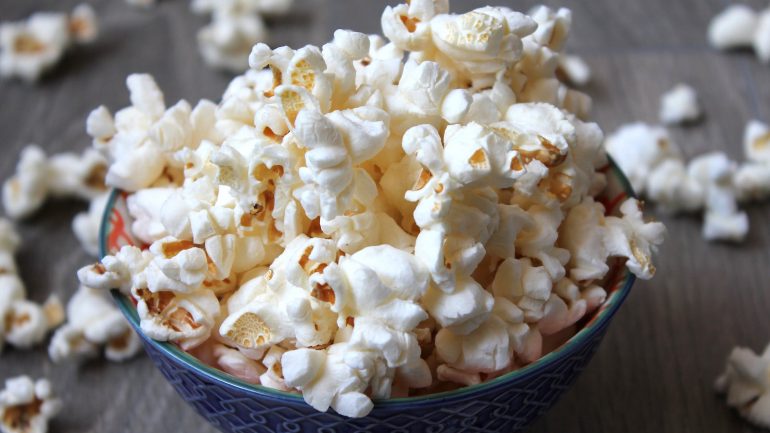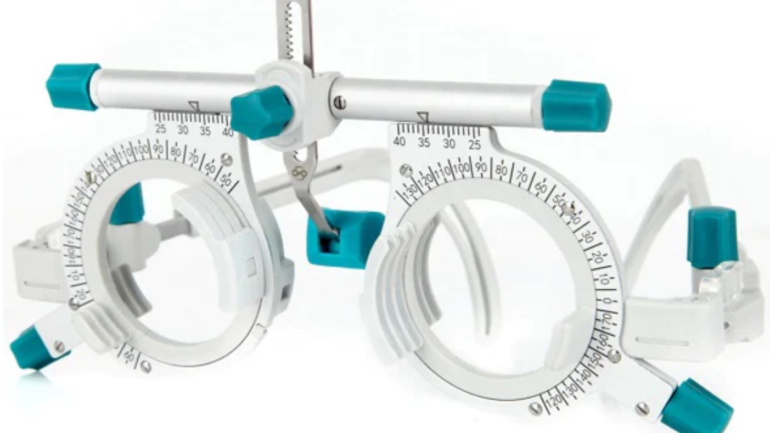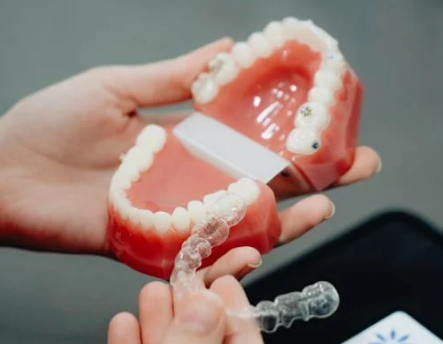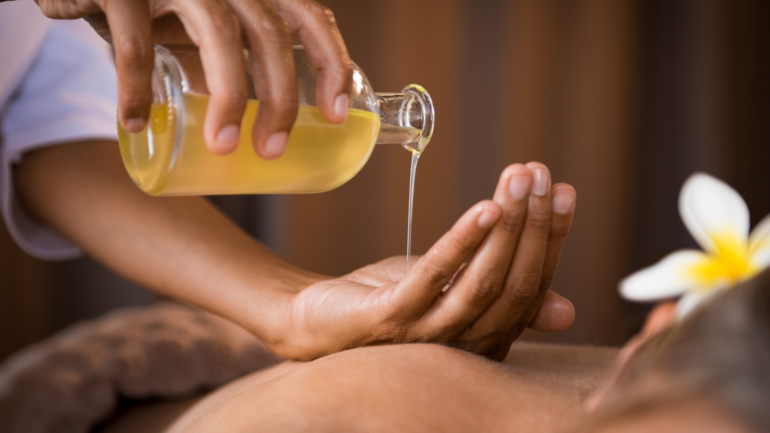You may often think about your dietary choices and how they can influence your weight and overall health, but how much attention do you pay to what you are eating and the impact it might have on your teeth? There are some foods and drinks that are more likely to damage the teeth, causing decay, cracks and broken teeth. Knowing what foods to be wary of can keep your teeth, mouth and gums in great shape and help you to avoid costly dental bills in the future. So, let’s look at the worst foods that can damage teeth and some healthier alternatives that your dentist would prefer you to eat.
Dental destroyers: foods that can ruin your oral health
- Sweets – hard candies, jellies and sweet treats all contain huge amounts of sugar which if left on your teeth develop into bacteria that can turn into plaque and decay. Long lasting sweets such as lollipops and boiled sweets, or sticky sweets such as toffees, stay in your mouth longer exposing you to a prolonged sugar acid attack.
- Fizzy drinks – often cited as the leading cause of added sugar in adults and children and therefore the top source of tooth decay, fizzy drinks really are loaded with sugar. Not only that, but the fact they are carbonated makes plaque produce more acid that attacks your tooth enamel.
- Alcohol – your friday night tipple might taste great after a hard week at work, but if you follow it up with several more or drink frequently you are putting your oral health at risk. Not only does alcohol contain high amounts of sugar but it also causes your mouth to dry out, taking away vital saliva that is needed to wash away food particles and counter acid attack.
- Citrus fruits and drinks – whilst fruit might sound like the healthy option, citrus fruits such as lemons, oranges and grapefruits contain a lot of acid, so if you eat a lot of these fruits on their own it can erode your tooth enamel and leave your teeth vulnerable to cavities.
- Ice – it’s almost impossible to get through the summer without including vast quantities of ice in your drink and it’s just frozen water right so how much harm can it do? When left to melt in your drink, absolutely none, but if you are ever tempted to chobble it down, don’t! Biting down on something hard such as ice can chip, crack or break your tooth.
- Popcorn – most dentists have seen their fair share of popcorn related dental emergencies. Not only can it become lodged between your teeth, resulting in bleeding gums and contributing to plaque build up but unpopped kernels are hazardous to teeth, as if you chew a mouthful of popcorn not expecting a hard kernel, you’ll exact all the force of your bite on a very hard morsel, which will probably result in a broken tooth.
It’s worth pointing out before we go any further that, just because something isn’t good for your oral health, it doesn’t mean you have to avoid it forever. It’s more a case of consuming in moderation, at the right time of day, and taking good care of your teeth and gums afterwards. That said, these foods and drinks are known to cause tooth decay or damage, particularly if you consume them regularly, so being aware of your diet and the choices you make should help keep you and your dentist smiling.
Teeth friendly alternatives: what your dentist would prefer you include in your diet
Whatever you eat, it’s important to brush your teeth and use floss or an interdental brush twice a day to remove food particles that can otherwise lead to plaque build up and tooth decay. Some foods and drinks, however, are more tooth friendly than others and including these in your diet can help to keep your mouth healthy. Foods that support good oral health include:
- High fibre foods – foods that are high in fibre tend to take longer to chew, and in doing this you produce more saliva, which helps to neutralise acid and rebuild tooth minerals. High fibre foods include wholegrain bread, pasta and cereals, peas and beans or potatoes with the skin on.
- Cheese and dairy products – dentists have long been hailing the virtues of dairy products when it comes to supporting tooth health. Eating cheese helps stimulate saliva production to neutralise acid and the calcium and phosphates in dairy products help to remineralise the teeth. Eating cheese after a meal is a great way to stop acid attack in its tracks.
- Water – if you take one thing away from reading this article, ensuring you are drinking enough water is a great way to start improving not only your oral health but your overall health. Water is great at washing away food particles so they can’t cling to your teeth, it also helps you produce more saliva as drinking water stops your mouth from drying out.
- Nuts – these are a great source of vitamins and minerals that are beneficial to teeth. For example, peanuts contain vitamin D and are a good source of calcium, as are almonds, and walnuts are a great source of iron, folic acid and vitamin E.
Now that you know a little more about the foods and drinks that can damage teeth, as well as those that can support better oral health, you have the power to make informed dietary decisions. Remember that it’s a good idea to wait for at least 30 minutes after eating before you brush your teeth, particularly if you have consumed something sugary or acidic, as otherwise you risk damaging tooth enamel.
For more advice on oral health care please visit the Riverside Dental Spa blog, where you can read advice and top tips from their dentists.




